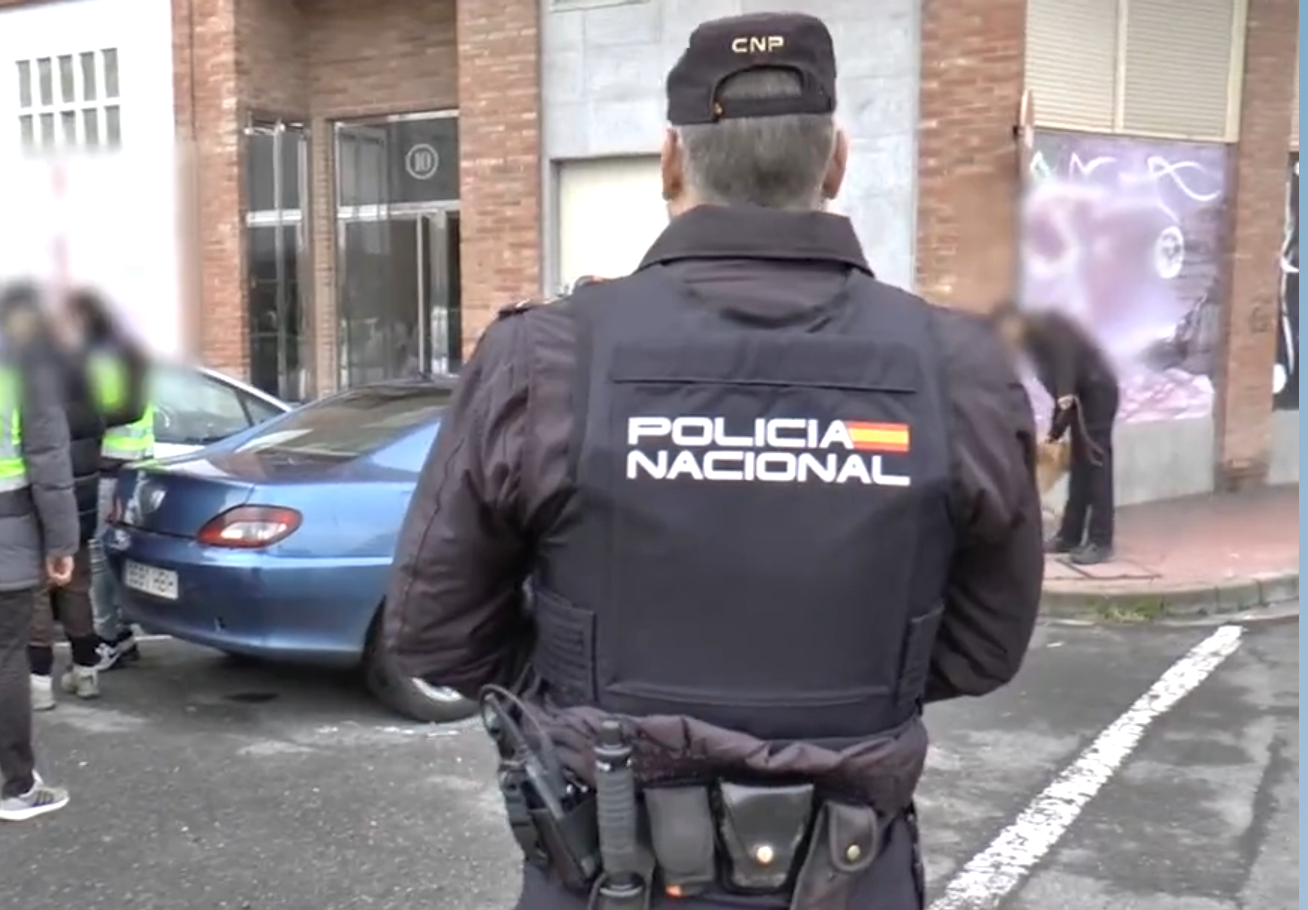Members of Spain’s Policía Nacional have arrested a suspect in connection with a string of attempted letter bomb attacks that lasted from late November to early December.
On Wednesday, the Policía Nacional shared footage of an arrest in the city of Miranda de Ebro.
?Detenido en #MirandaDeEbro (#Burgos) el presunto responsable del envío de 6 cartas explosivas
El arrestado, muy activo en #rrss, tenía conocimientos técnicos e informáticos
En estos momentos @policia continúa con el registro donde podría haber confeccionado los artefactos pic.twitter.com/fHrNbS84H2
— Policía Nacional (@policia) January 25, 2023
The Spanish authorities did not directly identify the suspect. Reuters described the suspect as a 74-year-old man who is a citizen of Spain.
Spanish Prime Minister Pedro Sánchez was the first target in a series of six letter bomb attempts. A letter addressed to him was sent to his Moncloa Palace residence on Nov. 24. The bomb was intercepted and destroyed in a controlled demolition.
Another letter bomb was sent to the Ukrainian Embassy on Nov. 30 and exploded when an embassy worker opened it but caused non-life-threatening injuries.
An incendiary letter was also sent to the Spanish Ministry of Defense, while a package bomb was delivered to Torrejón de Ardoz Air Base. Both packages were intercepted and destroyed in controlled demolitions.
Another bomb was sent to Instalaza, an arms manufacturer that builds the C90 anti-tank rocket launchers. Spain has sent C90 rocket launchers to Ukraine to assist in their defense against Russian invasion forces. The bomb that was sent to the arms manufacturer was also intercepted and neutralized by explosive ordinance disposal teams.
Another bomb was sent to the U.S. Embassy in Madrid. That bomb was intercepted on Dec. 1 and successfully neutralized.
The exact motive of the attacks remains to be seen, but the series of targets may suggest the attacker opposed the Ukrainian government.
Sánchez and the Spanish government have supported Ukrainian forces throughout the ongoing fighting with Russia. The U.S. government has also been a prominent supporter of Ukraine’s forces.
Earlier this week, the New York Times reported U.S. and European officials suspect Russian intelligence officers have coordinated the attacks with members of the Russian Imperial Movement. The organization is based in St. Petersburg but reportedly has members and associates spread across Europe.
In April of 2020, the U.S. State Department designated the Russian Imperial Movement and its leaders as “Specially Designated Global Terrorists.” Canada also designated the Russian Imperial Movement as a terrorist group in February 2021.
The U.S. officials who spoke to the New York Times believe Russian intelligence may be testing out groups like the Russian Imperial Movement as a way to carry out proxy attacks as the war in Ukraine escalates into a broader conflict between Russia and western nations.
The Russian Embassy in Madrid denounced the attacks that targeted other embassies, government buildings and arms manufacturers.


